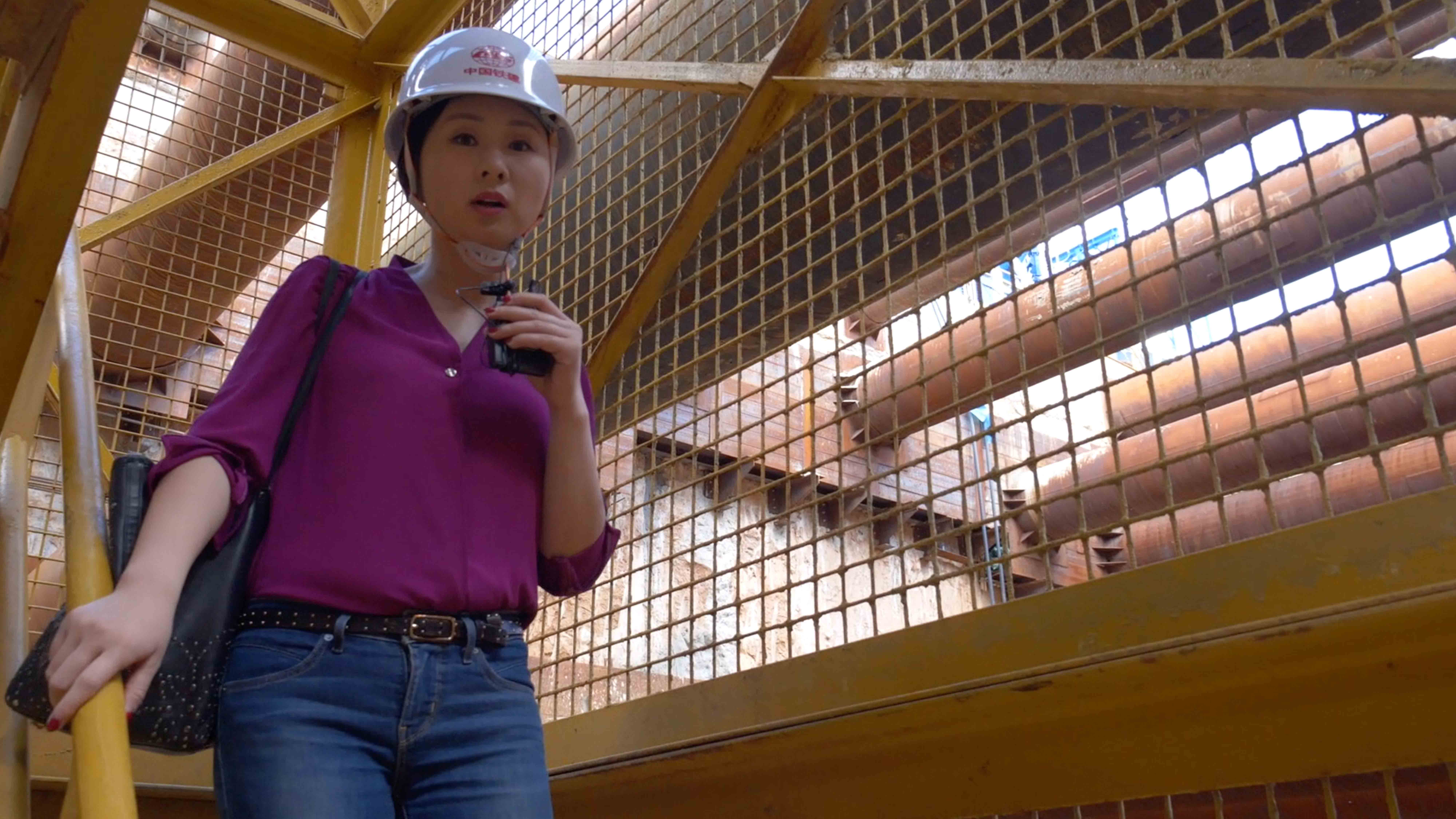
Asia Pacific
20:39, 06-Jun-2019
Reporter's diary: Exploring the underground world in Moscow
Wang Hui
03:50

We left Beijing for Moscow on June 1. Since Chinese President Xi Jinping's visit to Russia is an important event for the media, we had made a full plan before we headed to the Russian capital.
Before the visit officially started, I had shot a story in Beijing, but didn't have the chance to finish it. During the eight-hour flight from Beijing to Moscow, I didn't get much sleep as I was editing the video for the TV report until my laptop ran out of battery. I sensed that this trip won't be easy.
Moscow is five hours behind Beijing. When I got up on June 2, it was bright outside, but my phone showed it was only six in the morning. It felt like it were noon already and I thought my phone must be acting up. An instant chill ran through my body as the idea of missing my interview crept up on me. I was relieved to know that this is how Moscow is during summer. The sun here rises at 3:30 a.m. and sets around 9:00 at night.
The main assignment for the day was to do a story on the economic cooperation between China and Russia.
The China Railway Construction Corporation (CRCC) is the first foreign company working on Moscow's metro line construction project. The deal was sealed in January 2017 and it was agreed to break the ground on a four-kilometer-long metro line with three stops.
Russia began building its subway system in 1931, joining a small number of cities who had done so at the time. The metro lines are deep underground, with stations featuring beautiful artistic designs.
The CRCC has worked hard to win over the Russian side's trust. The Chinese company successfully won another bid and signed another contract with the city. In total, it was tasked with building a 6.2-kilometer-long metro line.
I went to one construction site, 24 meters below the ground. It was noisy and dusty, but I was really excited about this fresh experience.
The Chinese company had brought advanced equipment to the location, including five shield machines – each about 100 meters long and weighing 460 tons.
In a nod to the local culture, the CRCC named the machines after the characters of a very popular Russian comedy called Papiny Dochki, or Daddy's Daughters in English. Masha and Polina are two of the characters, but to be honest, it was hard for me to believe that these giants have "female characteristics."
I spoke to a couple of workers. One of them is 46-year-old Wang Baozhi, who has been working for the company for 17 years. He's now mentoring new staff. He told me that Russian workers are detail-oriented and work very hard.
My other interviewee is Aleksandr Kolomeytsev. This 30-year-old man is the head of all non-Chinese workers and is a fun and tall man, towering at 1.9 meters. Aleksandr told me he is very happy about working on the construction site, as this kind of position is usually filled by people in their 40s or 50s. He's glad that the company cares more about people's capabilities, rather than their age. He said this job changed his life path. He was going to move to another country, but this position made him stay.
China's Belt and Road Initiative complements Russia's promotion of the Eurasian Economic Union. Project Manager Xue Liqiang told me that the company has benefited from these initiatives. For example, it gets tax reimbursement when they import and export those machines. He is also optimistic about the future.
The CRCC plans to boost its cooperation with Russia and extend services to other countries as well.

SITEMAP
Copyright © 2018 CGTN. Beijing ICP prepared NO.16065310-3
Copyright © 2018 CGTN. Beijing ICP prepared NO.16065310-3